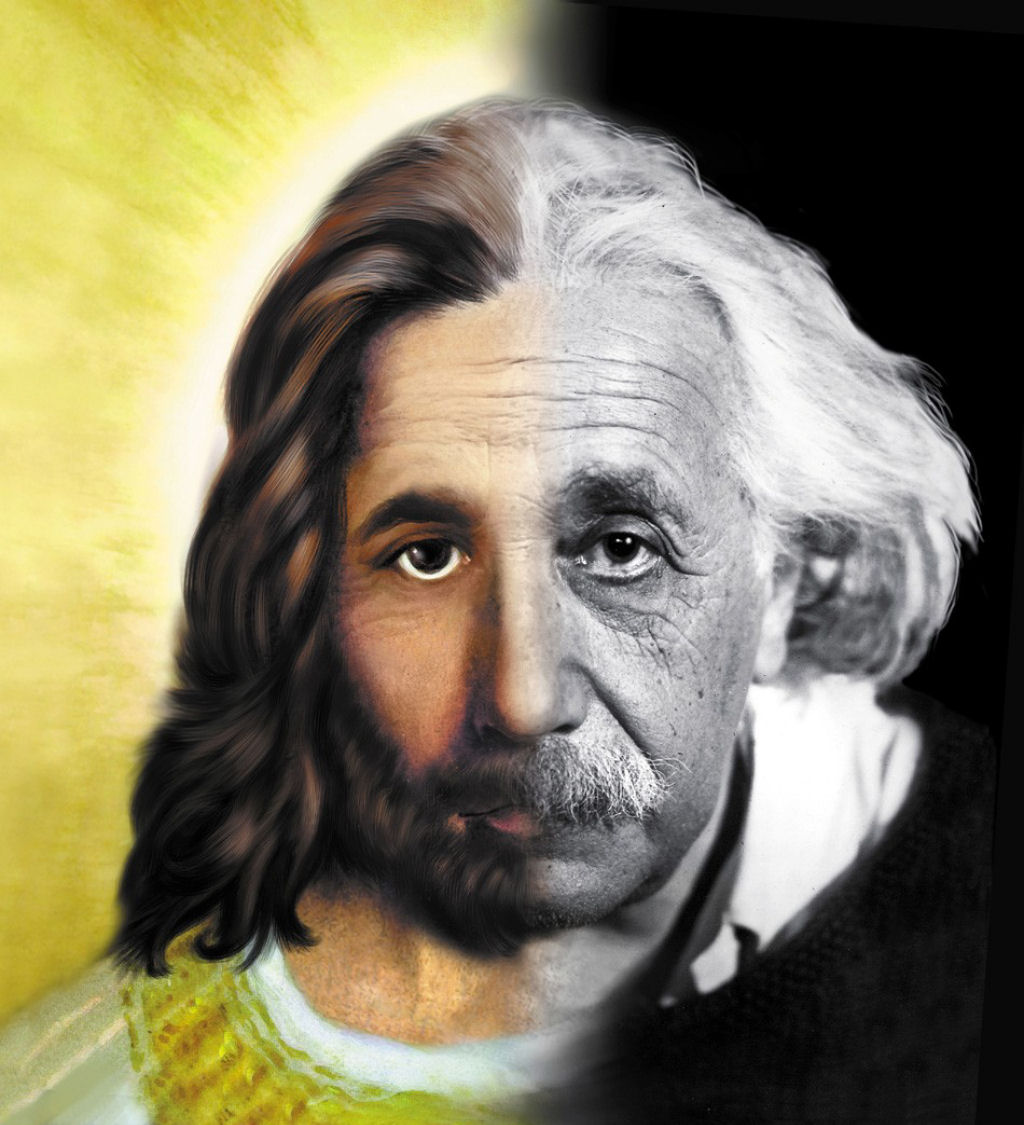Questioner one: I’d like to begin our enquiry today with a statement by a local philosophy professor. He said, “Science and its method is the best available way to explain and understand our world.” Is that true, or is there another approach to truth besides the scientific method?
 Questioner two: The stalemate between religious beliefs and the scientific method has become very sterile, and quite stale. Not that they are equivalent. Are you asking if there is another approach, beyond the purview of science?
Questioner two: The stalemate between religious beliefs and the scientific method has become very sterile, and quite stale. Not that they are equivalent. Are you asking if there is another approach, beyond the purview of science?
Q-1: Yes. This academic philosopher rightly says, “Religious beliefs are articles of faith…they are believed to be true not as an end result of any scientific gathering of evidence.” Beyond the realm of science, is the scientific method the only approach to truth we can take?
Q-2: Many people believe so. What is the scientific method, and how is it thought to apply outside the realm of science?
Q-1: Doesn’t the scientific method apply to whatever science wants to investigate?
Q-2: That’s rather circular isn’t it? Of course it’s true in one sense. But don’t we get into trouble when we try to make basic social institutions, such as our court system and a trial by jury, function according to the methods of science?
Q-1: Some people would argue that the legal system works to the extent that it does work because of science, and doesn’t work to the extent that the scientific method isn’t applied more rigorously to it.
Q-2: Those are the horns of the dilemma. Are we impaled on them? Is the right question, where does science and the scientific method apply, and where doesn’t it apply?
Q-1: When a scientist or philosopher says, “the scientific method is the most effective method we have for arriving at accurate descriptions of the world,” they clearly mean the choice is between faith and belief, and the scientific method—acquiring, examining and testing evidence. The latter is seen as not only preferable, but the only rational alternative to belief. But is it?
Q-2: Let’s first be clear about the difference between belief and the scientific method.
Q-1: OK. On one hand, the scientific method allows us to discover, for example, that certain protozoan parasites cause malaria. On the other hand, belief needs no substantiation, and often flies in the face of evidence or lack of evidence. Many Christians, for example, cling to the notion that a separate Creator specially created man from dust and divine breath.
Q-2: Yes, children are conditioned to believe in creationism, but they aren’t taught to believe in evolution, anymore than they’re taught to ‘believe’ in gravity. Creationists would have us believe that a child is simply taught one as opposed to the other. Evolution is a fact however, and to deny it is simply moronic. What is our question?
Q-1: Is there a third approach to uncovering and discovering truth, which is neither belief nor scientific method? If so, what is it?
Q-2: Clearly, science and the scientific method is the best available way to explain and understand nature where science is concerned, but not where our world is concerned. Can we find the moment-to-moment truth of something (truth with a small ‘t’) by questioning together and listening for  insight, from wherever and whomever it comes?
insight, from wherever and whomever it comes?
Q-1: How is that different from what science does using the scientific method? And is there a difference between nature and the world?
Q-2: Humans didn’t make nature, but did make the world, right? Failing to make that basic distinction leads to scientism—the idea that science can solve everything. It also pits science against religious belief, which is a distorted expression of the religious impulse.
Q-1: So what is the approach to truth you propose?
Q-2: As human beings, we have the capacity and therefore the responsibility to do what we’re doing here—question together. Has the scientific method led to understanding within and between human beings?
Q-1: Many believe that science is the only recourse we have. Does giving primacy to science deny the religious impulse in the human being for wholeness and union, which complements science?
Q-2: Apparently so. Questioning with the intent to ignite shared insight and understanding obviously involves being rational and logical, and respecting observation and evidence. In this respect it’s similar to the scientific method. But science is concerned with amassing knowledge, whereas the intent in thinking together is insight, understanding and wisdom, which are of the moment.
Q-1: So knowledge and wisdom are two different things?
Q-2: Clearly they are. Why are they conflated and confused?
Q-1: There is a widespread idea is that with more knowledge we will have more understanding. Is it wishful thinking?
Q-2: Einstein said, “The unleashed power of the atom has changed everything save our modes of thinking and we thus drift toward unparalleled catastrophe.” That applies to scientific knowledge generally now doesn’t it? Man is destroying the earth and himself, and we appear helpless to stop it. But we are man, and therefore it is within our power to change the course of humankind, by changing our fundamental modes of thinking.
Q-1: Can we do so by questioning and awakening insight together, without reference to knowledge?
Q-2: We can reference knowledge, just not give primacy to it.
Martin LeFevre

